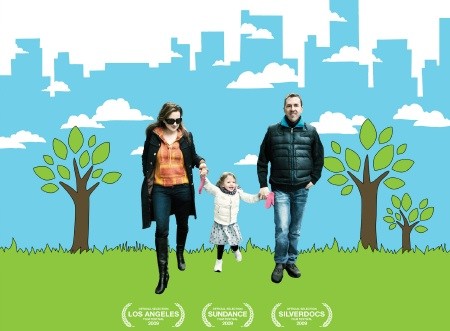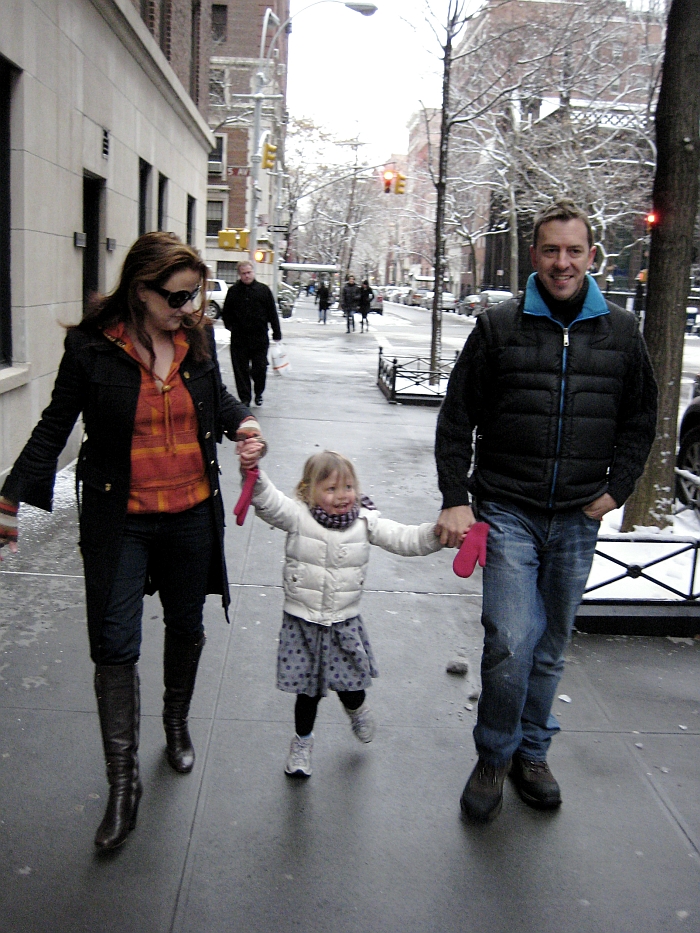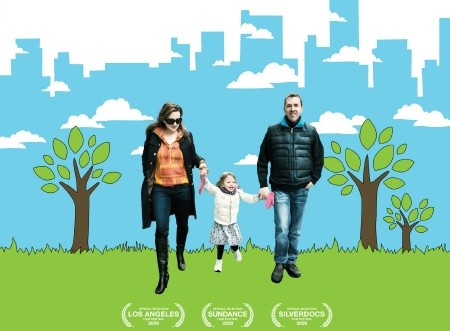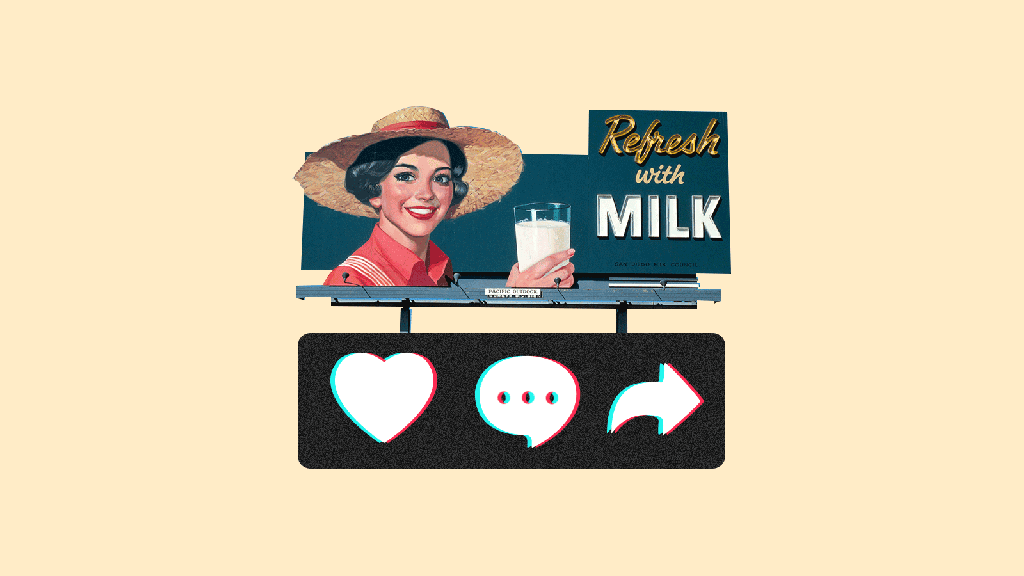 First, Colin Beavan donned a superhero nickname and gave up electricity, fossil fuels, un-local food, and buying stuff. He blogged, he wrote a book, he let filmmakers follow his family around (his wife and daughter were roped in too). The New Yorker criticized the stunt, er, experiment. Grist weighed in. Beavan responded to, um, the New Yorker. Whatever, that’s cool.
First, Colin Beavan donned a superhero nickname and gave up electricity, fossil fuels, un-local food, and buying stuff. He blogged, he wrote a book, he let filmmakers follow his family around (his wife and daughter were roped in too). The New Yorker criticized the stunt, er, experiment. Grist weighed in. Beavan responded to, um, the New Yorker. Whatever, that’s cool.
The dialogue continues–here’s an edited transcript of our recent conversation.
Grist: The movie leaves viewers wondering, how are you living now that the No Impact experiment is finished?
Beavan: We’ve tried to keep the things that actually make sense in our life, because so many of the resources we use end up hurting our quality of life. For example, it made sense for us to save $1,200 a year by not having an air conditioner, so we gave it away. On those five or six really hot summer nights, Michelle, Isabella, and I go down to Washington Square Park and play in the fountain and talk to our neighbors, instead of huddling inside with the air conditioner.
We kept our bicycles, but we also each have a rickshaw so we can take Isabella [TK-year-old daughter] around. And it makes sense to eat food that isn’t processed and full of chemicals, so we continue to eat locally as much as we can and shop at the farmer’s market.
And you’re traveling now?
Oh geez. I haven’t flown for personal reasons yet but I will be flying to talk about the book. The publishers have very kindly offered to make substantial donations to developing world renewable energy projects. The one in particular that we’re supporting at the moment is SELF (Solar Electric Light Fund). They bring solar panels into sub-Saharan villages, which isn’t about having reading lights, it’s about running the medical refrigerators. So it becomes important in the fight against AIDS.
You’ve taken flack for focusing on lifestyle choices–where you get your food, shutting off the electricity in your apartment, and what-not. Was it inevitable that people would get hooked on the personal stunt and not on the message in the book of civic engagement?
It’s not inevitable at all. I think there are two main arguments on individual lifestyle change. One is that we have to change our way of life no matter how much technology we get, no matter what regulation we get, because we have to get to 350 [parts per million of carbon dioxide] and because Americans generate five times the carbon emissions per capita as the Chinese. Our consumption-based economy, I would argue, doesn’t work for the planet. It doesn’t work for the people either.
Second, there are gigantic groups of Americans that we can’t meet directly through environmental politics. They’re just not going to call their congressperson and tell them to support the climate bill. But they do understand that there’s a problem and they are willing to begin to change their lives. If we’re going to get the legislation we need and then keep it next time there’s a Republican administration, then we have to go beyond just using our political power to leverage the rest of the country into doing what we want. We have to change the culture. And you can’t change the values of the culture through legislation.
Let me repeat that: I don’t believe in individual action over collective action. I believe in both. It’s what I call engaged citizenship, a combination of both living your values in your own life and also living those values in your community life, volunteering for nonprofits and putting pressure on your political representatives.
There’s a pervasive idea that we can start with lists of ‘10 easy things you can do’ and they will serve as a stepping stone to get people involved in more intensive work.The idea that people will start with their light bulbs and move up to calling Congress members and organizing. But Americans have been offered lists of easy green things for years, decades even, and they’re still not politically engaged on climate change. Do you have any faith in this strategy? Or does it teach people to think of themselves as consumers and not citizens?
I completely do not believe in the 10 easy green things. The problem is when people stop at using canvas bags or changing their light bulbs. I believe in robust lifestyle change instead. For people who aren’t yet involved, who aren’t already in the choir, I find that the two big ways to start are with local food and bicycling. Once you get people to make those changes, then you can start getting them involved in politics. If you get somebody to cycle here in New York because it’s fun and healthy, they’re more likely to get involved with Transportation Alternatives and to push for changes in the cityscape.
But that sounds like the green tips thing again. It sounds like starting with the small things, and they’re going to bring people into local transportation planning. I’m just not sure that happens with enough people.
I’m not arguing that it happens with everybody. I’m saying that this is a way of doing things that reaches a certain population. And at this stage, the last thing we should do is sit back until we find the one thing that works. We need to all of us put our shoulders at the doors of change and push and not worry about criticizing each other as much as supporting each other in all the various methods. Somebody will have a breakthrough, and we all need to be cheering each other on.
We have to find an on-ramp into environmental politics, because it’s just not growing fast enough. The more attempts at on-ramps that we can think of the better.
That’s a nice way of putting it. I like that. It does seem like a lot of the reviews of your book mention that either/or mentality, as if the focus on lifestyle takes away from the civic stuff.
 No impact family: Michelle, Isabella, and Colin.Photo courtesy Oscilloscope Laboratories
No impact family: Michelle, Isabella, and Colin.Photo courtesy Oscilloscope Laboratories
I didn’t realize it when I started the project, but part of the reason is this: collective action is at the root of liberal ideology and individual action is at the root of conservative ideology. To straddle individual and collective action feels like, whichever side you’re on, you’re betraying your political heritage. To suggest that we should do both is strangely radical. It’s almost like you need a whole new political party.
I mentioned in reviewing the film that your project is getting much more attention than traditional environmental health groups like Sustainable South Bronx. What do you make of that?
Let’s talk about 350.org. What 350’s doing on Oct. 24 [the International Day of Climate Action] is in some ways a spectacle, right? Somebody dives under the ocean and unrolls a “350” sign by a coral reef. The spectacle itself is not important. What is important is that the number of spectacles happening around the world will gain enough attention for people to begin to think about this policy number 350. It’s unfortunate, but so much of our media is entertainment-based. We have to create spectacles in order to get the attention that we need.
The truth of the matter is that it’s awful that No Impact Man got more attention than Sustainable South Bronx. The South Bronx has one of the highest asthma rates in the country, and it’s caused by trucks passing through the neighborhood carrying our trash to garbage transfer stations. It’s insane! Let’s take this back to individual action. It’s important that people understand this and say, “I’m throwing out so much stuff that kids are getting asthma? Maybe the way I live and the way that my culture lives is not so great.”
So what’s next for you?
I’m concentrating now on starting a nonprofit called No Impact Project. It’s a portal, in the web sense of the word and the larger sense of the word, where people can get involved and ask themselves whether they might be able to find ways of living more environmentally, in ways that also make their lives better.
One of the centerpieces of the project is a one-week experience where you get led through a bunch of different environmental adaptations while being asked all the time, “Is this making your life more or less good?” Our three main partners are 1Sky, Food and Water Watch, and Alliance for Biking and Walking. The idea is we attract people to the idea of lifestyle change and then take that energy and loan it to the existing environmental nonprofits, who can feed them into the legislative process.
Let’s end with a very important question: What’s the deal with the Will Smith rumors? Is he going to make a feature version of No Impact Man?
Sony has optioned it on behalf of Todd Black, who did Seven Pounds and Pursuit of Happiness, both of which were Will Smith films. I have no idea what talent they’re hoping to attach to the film. But I do know they’re planning for it to come out in 2012.
Is this the kind of thing where they buy lots of these rights just in case, or are they really going to make it?
I mean, rumor in the street is that they’re really going to make it. They’re not in production yet, so we can’t know until they’re in production. But what I’m told is that they are going to make it.
Find out when No Impact Man, the documentary, is showing near you, and watch the trailer:


